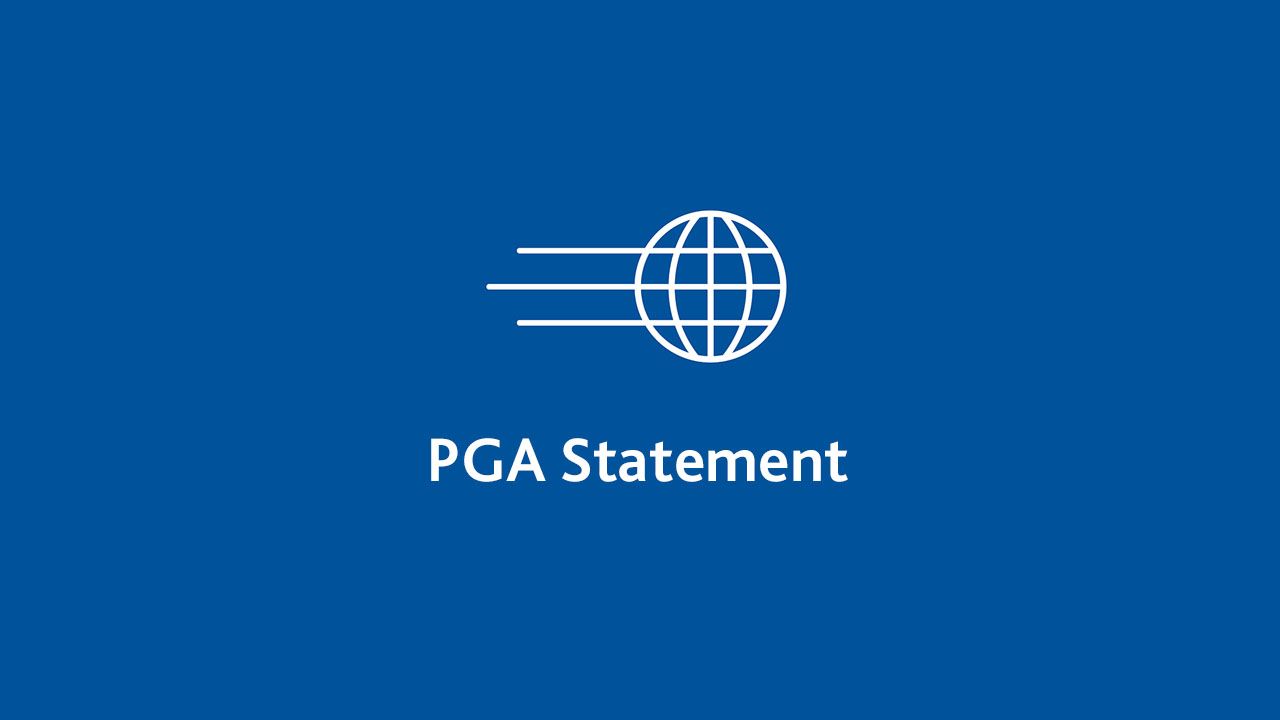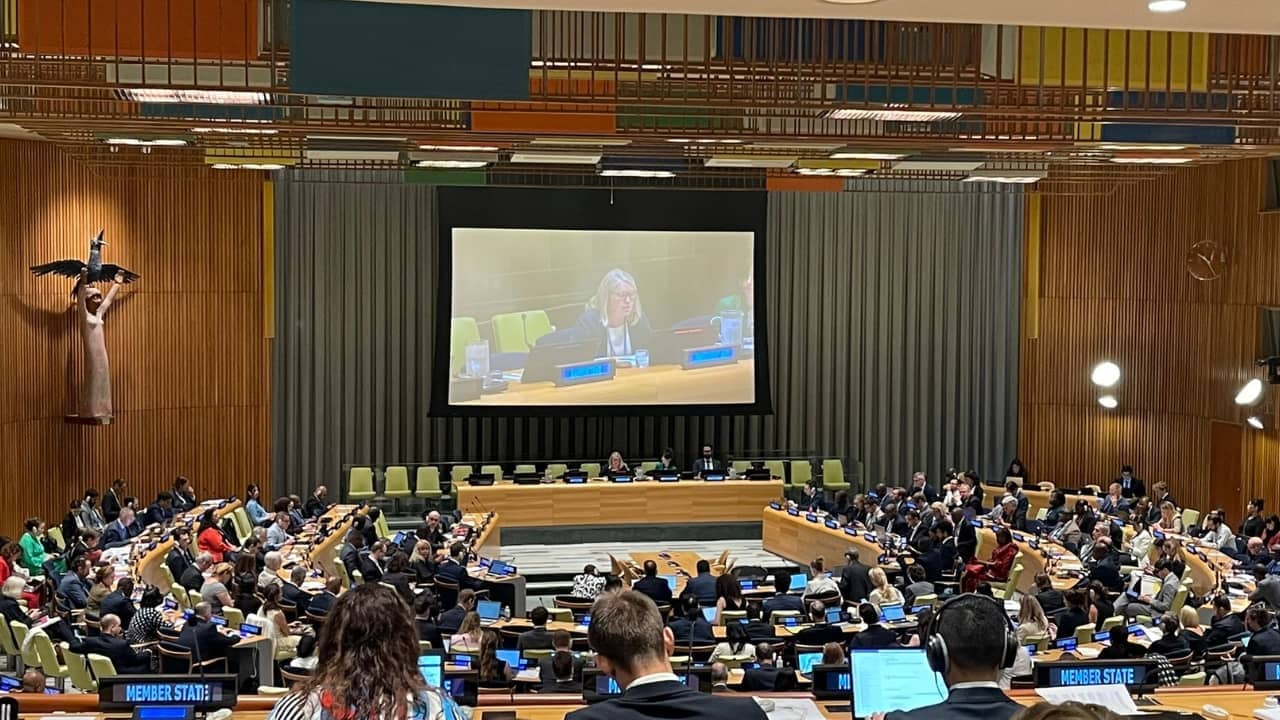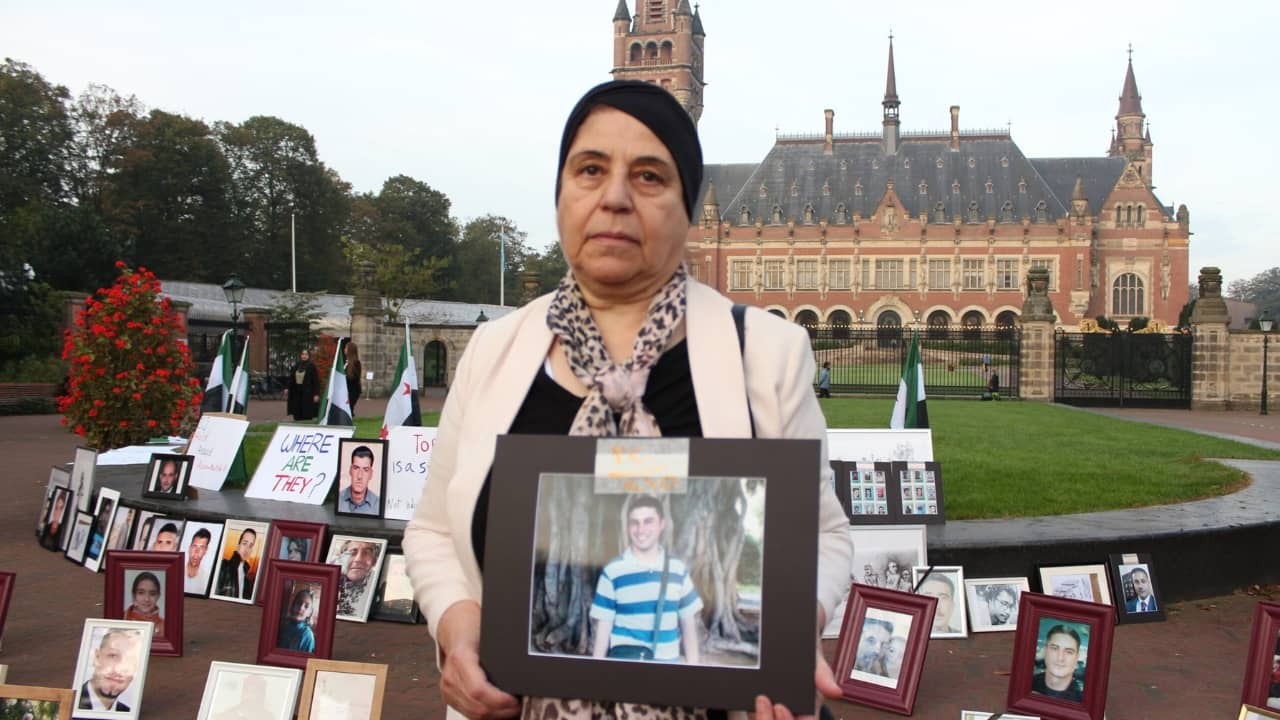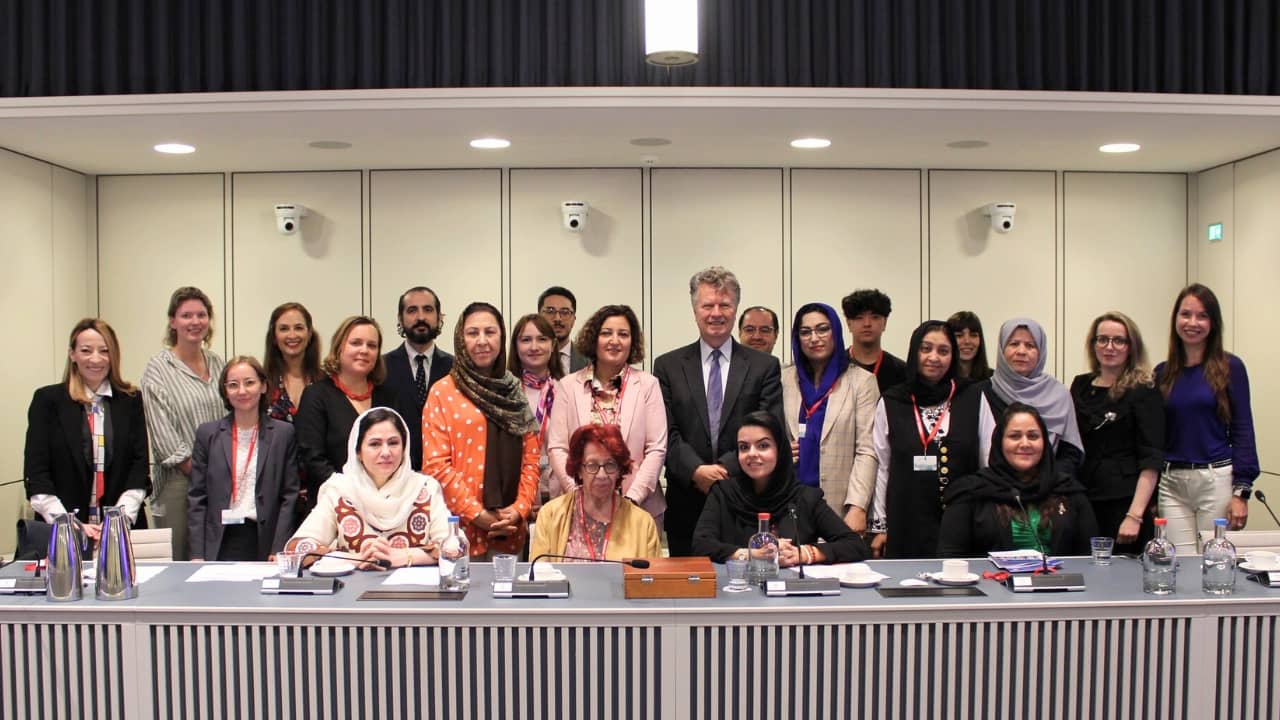
Kampala/Kinshasa/London/New York/The Hague, 18 July 2014: Members of Parliament from the Democratic Republic of the Congo, Uganda and the UK met at the Parliament of Uganda to discuss how to best cooperate in fighting impunity for international crimes under the complementarity principle of the Rome Statute of the International Criminal Court (ICC).
In her welcoming remarks, the Honorable Speaker of the Parliament of the Republic of Uganda, Rt. Rebecca Kadaga reassured the high-level participants that the Parliament of Uganda is committed to rule of law and fight against impunity and that the principle of complementarity is the cornerstone between the ICC and its member states. She went on to ensure participants that the Ugandan Parliament is committed to the ICC, as can be seen by the enactment of the ICC Act 2010, which implements the Rome Statute into Uganda’s national legislation. The focus of her speech was on the rights of victims and the fact that there is a real need for justice of war crimes and crimes against humanity.
Statement by Hon. Stephen Tashobya, Executive Board Member, Chair, PGA Uganda National Group; Chair, Legal and Parliamentary Affairs Committee:
“Bottom line for all PGA Members around the world – there is a need to fight impunity. The law is not a static instrument; the situation has changed. We need to work on improving the law so that the people for whom it was meant to benefit, women, children, innocent people, can have remedies. It is our duty as parliamentarians, representatives of the people, to be their voice when they cannot talk themselves and in situations that can only be mitigated by us as representatives of the people. We are looking forward to working together with our neighbors from the DRC for the benefit of our people.”
In the resolution of the daylong discussion participants agreed that child soldiers shall always be treated as victims of crimes and not as perpetrators. Many participants mentioned that they are ashamed of the AU Decisions on the ICC, since both their states have ratified and committed to the Rome Statute. A commitment of partner states in the Great Lakes region shall be made to ensure that Joseph Kony is arrested and can never come back. The victim’s participants strongly urged that only then they could feel safe. The members of parliaments of the DRC promised participants that their next session of parliament will look into implementing legislation. Many areas have been highlighted that are important to the victims, better called survivors, such as protection programs, participation and representation, access to justice, reparation that can be collective and individual.
For PGA, as for the United Nations, peace is imperative. Impunity is one of the causes for the lack of sustainable peace.
Participating MPs concluded with an Action Plan for a Parliamentary resolution for a bilateral extradition treaty between the DRC and Uganda for perpetrators of International Crimes that shall be tabled by PGA members in Kampala and Kinshasa.
About PGA
Parliamentarians for Global Action (PGA) is the largest transnational network of Members of Parliaments from all regions of the world who, in their individual capacity, support the effective operation of the ICC and domestic jurisdictions to end impunity. The PGA network is supported by a small secretariat that facilitates the cooperation and exchange by member MPs to achieve these goals and provides technical assistance regarding legal advice and project management. The PGA Complementarity Project for the DRC and Uganda receives the support of the John D. and Catherine T. MacArthur Foundation.
Members of PGA have contributed to 76 of the 122 ratifications of, or accession to the Rome Statute to date. PGA is a member of the Steering Committee of the Coalition for the ICC. The PGA Campaign for the Universality and Effectiveness of the Rome Statute system receives support from the European Commission, European Union and the Governments of The Netherlands, Switzerland, and Estonia, as well as from Humanity United. In addition PGA benefits form the core funding form SIDA, DANIDA and Liechtenstein.
THE COMPLEMENTARITY PROJECT FOR DRC AND UGANDA AND KENYA RECEIVES THE SUPPORT OF THE JOHN D. AND CATHERINE T. MACARTHUR FOUNDATION
THE PGA ICC CAMPAIGN RECEIVES SUPPORT FROM:
THE EUROPEAN UNION (EUROPEAN INSTRUMENT FOR DEMOCRACY AND HUMAN RIGHTS)
THE GOVERNMENTS OF THE NETHERLANDS, SWITZERLAND AND ESTONIA AND
PGA RECEIVES CORE SUPPORT FROM THE GOVERNMENTS OF SWEDEN, DENMARK AND LIECHTENSTEIN.






